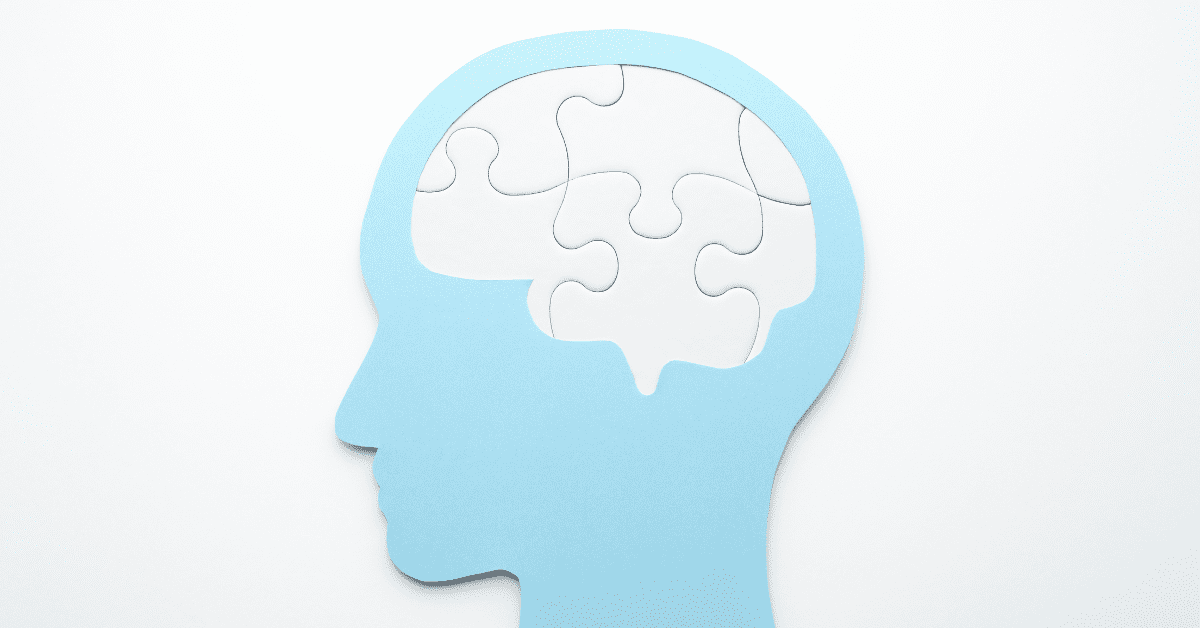
When you notice your loved one withdrawing from activities they once enjoyed or seeming persistently sad, it’s natural to wonder if assisted living in New Berlin, WI, might offer the support they need.
The good news is that assisted living communities create environments where mental wellness can flourish.
These communities address loneliness and isolation – two major contributors to depression – through meaningful social connections and daily structure. Older adults who spend excessive time alone face significantly higher risks of both depression and early mortality compared to those with regular social interaction. For many seniors, moving to assisted living represents far more than a change of address; it opens the door to renewed emotional well-being.
The Link Between Aging and Depression
Why seniors are more vulnerable to depression
Life after 65 brings unique challenges that younger adults rarely face simultaneously. Retirement can strip away daily purpose and social connections. The loss of a spouse or close friends creates profound grief. Physical limitations may reduce independence, leading to frustration and helplessness.
Common signs of depression in older adults
Depression doesn’t always look like sadness in seniors. Instead, you might notice:
- Unexplained physical complaints – dizziness, persistent aches, weight loss or sleepless nights
- Memory issues and trouble focusing
- Abandoning hobbies or activities they once loved
- Constant fatigue or dramatic changes in sleep patterns
- Speaking or moving noticeably slower than before
How Assisted Living Supports Mental Wellness
Assisted living communities build environments where mental wellness becomes a natural part of daily life. These communities tackle the root causes of depression that many older adults face, offering intentional programs and support systems that make a real difference.
Built-in social opportunities and companionship
The social atmosphere in assisted living settings strikes directly at isolation – one of depression’s biggest triggers in seniors. Social engagement unfolds naturally through:
- Regular events like music nights, storytelling sessions and themed parties
- Common dining areas that naturally foster conversation and connection
- Hobby groups, games and clubs based on shared interests
These connections go beyond simple companionship – they’re genuinely therapeutic. Companionship helps decrease depression by fostering feelings of happiness and self-worth.
Daily routines that reduce stress and anxiety
Structured daily schedules offer something many seniors crave: predictability. This stability becomes especially valuable for mental wellness because it creates comfort, particularly important for older adults facing cognitive changes. Regular schedules also support better sleep patterns, which directly impact mental health and mood.
Access to support groups
Quality assisted living communities remove barriers to mental health care. Whether through individual sessions or group therapy, seniors can receive care tailored to their needs. Regular mental health screenings catch concerns early, when intervention can be most effective. Support groups create spaces where residents can process grief, anxiety or chronic illness challenges alongside others who truly understand.
Lifestyle Benefits of Assisted Living Communities
The daily rhythms of assisted living extend well beyond mental health support. These communities create environments where seniors can thrive through carefully designed lifestyle elements that address both practical needs and personal fulfillment.
Nutritious meals and communal dining
Good nutrition becomes more challenging when you’re cooking for one, especially when energy levels or mobility issues make meal preparation difficult. The dining experience goes deeper than just food – residents gather in welcoming spaces that naturally encourage conversation and friendship. These shared meals become the heartbeat of community life, where meaningful connections develop over well-prepared, nutritious food.
Fitness programs and physical activity
Assisted living communities understand this reality and typically provide fitness options that work for different ability levels – walking clubs for those who enjoy being outdoors, chair yoga for residents with limited mobility, tai chi for balance improvement and water aerobics for gentle joint exercise.
Creative and recreational activities
Keeping your mind engaged matters just as much as physical wellness. Quality communities recognize this and offer activities that spark joy while supporting cognitive health:
- Music programs, art classes and brain games that keep mental faculties sharp
- Social gatherings like themed dinners and holiday parties that create anticipation and shared memories
- Educational opportunities and new learning experiences that give residents something to look forward to
Thriving Again
Depression doesn’t have to define the senior years, though it touches far too many older adults who could benefit from the right support system. What makes assisted living particularly valuable is how naturally these mental health benefits emerge from the environment itself.
To schedule a tour of our assisted living, Heritage at Deer Creek, call (262) 789-6600. Sometimes a conversation with experienced professionals can help clarify whether this supportive environment might be the key to helping your loved one thrive again.
FAQs
Q1. How can assisted living help reduce depression in seniors? Assisted living communities offer built-in social opportunities, structured daily routines and access to mental health professionals. These features help combat isolation, reduce stress and provide timely support, all of which can significantly decrease the risk of depression in seniors.
Q2. What are the main benefits of assisted living for mental wellness? The main benefits include regular social interaction, nutritious meals in communal settings, fitness programs and creative activities. These elements work together to promote mental health for seniors.


